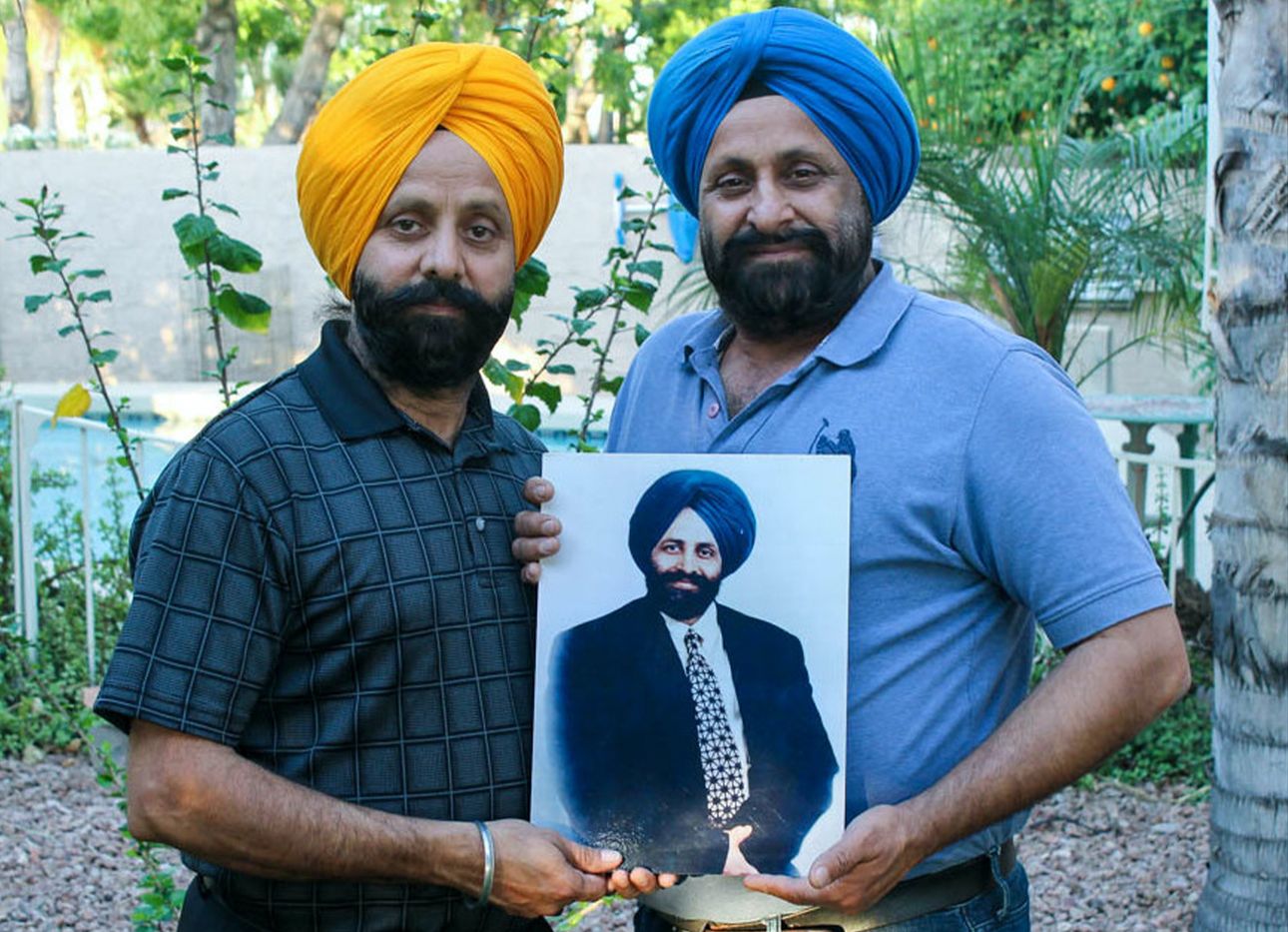
These Illuminating 9/11 Podcast Episodes Bring Survivor Stories to Life
Podcasts are a powerful resource for those interested in learning about the singular, unimaginable tragedy of September 11, 2001, as they offer heightened levels of intimacy, emotion, and realism. A number of illuminating programs dedicated to the subject have appeared over the past two decades—including Ep. 118 of our At a Distance podcast, out today, which features architect Daniel Libeskind, whose studio designed the original master plan of the new World Trade Center site—bringing the stories of those who were impacted to life.
First-person accounts dominate these oral histories. Particularly moving is The Untypical Podcast’s interview with New York City firefighter Joe Torrillo, who was buried alive twice on 9/11 and delivers a calm, dispassionate play-by-play of the harrowing day when slabs of concrete and steel pinned him to the ground. Participants in StoryCorps’s September 11th Initiative, an ongoing effort to produce one recording for each life lost that day, include Constance Labetti, who explains how her former boss, Ron Fazio, helped her flee from the South Tower but did not survive himself, and Rana and Harjit Sodhi, who remember their brother, Balbir Singh Sodi, the first person to be murdered in a hate crime in the aftermath of 9/11.
Other Manhattan residents, including journalist Katie Couric and actor and director Robert De Niro, reflect on what it means to be a New Yorker through the prism of the attack on Our City. Our Story, a two-season series created by the 9/11 Memorial Museum. One installment profiles Helaina Horvitz, who was on the way to her middle school near the World Trade Center that fateful morning. She discusses how writing helped her heal from the event and its subsequent “trauma triggers,” such as subway noises she often mistook for bombs. In an interview on the podcast Centennial Sounds, composer Julia Wolfe describes watching the attack unfold with her family in their Lower Manhattan home. In response, she wrote the piano piece “Compassion,” which plays at the end of the segment. The song starts out quietly and erupts into a startling whack, after which the piece, like the city it references, is never the same.
Elsewhere, voices convey a sense of ongoing processing. Those profiled on Ten Years In, a September 2011 episode of This American Life, reject the notion that anniversary commemorations offer catharsis. Lynn Simpson, who escaped from the 89th floor and made it out of the towers with about a minute to spare, admits that she still keeps the clothes she wore that day, saturated with acrid-smelling dust, tightly wrapped in a plastic bag at the back of her closet.
Equally significant are the programs that consider the attacks through the lens of hope. The workers, engineers, and artists who helped restore the World Trade Center explain how the site serves as an inspirational symbol on Tales From The Towers, a touching episode of the WNYC podcast The Takeaway. “It’s so rich with patriotism and the goodness of humankind,” Steve Plate, the deputy chief of capital planning and the director of the World Trade Center construction department at the Port Authority of New York and New Jersey, says of the area, whose revival he managed. “You look at the site and where it was and where it stands today—it shows the world’s ability and peoples’ ability to rebuild, to be resilient, remember, and just come back better than ever.”
While each individual’s recollection is distinct, there’s a recurring question in nearly every conversation about 9/11: How did that day change you? In the responses, listeners can discover the remarkable efforts by which people have emerged from this world-shaping, life-altering event.